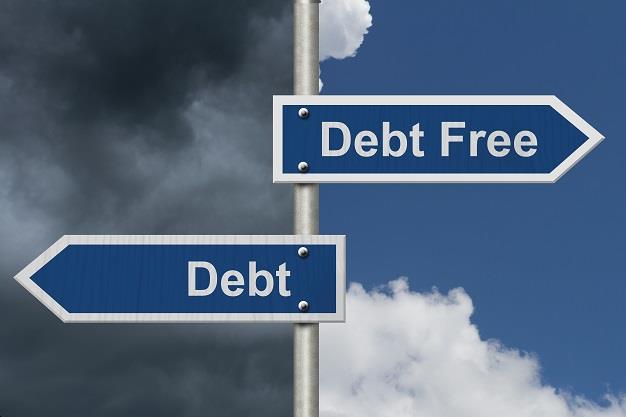There are still consumers who are not aware that debt prescribes or becomes old under certain conditions - and therefore could have been written off completely, says the Office of the Credit Ombud, noting that the Prescription Act is there for the protection of the consumer and the creditor.

Unfortunately, as much as we would like to just simply throw away debt we no longer ‘need’ or make use of like the old pair of shoes, there are conditions to ‘getting rid’ of old debt. According to the Prescription Act 68 of 1969, a debt is prescribed if during the past three years:
• You did not admit to owing on the debt, either verbally or in writing;
• You have not made payment towards the outstanding amount;
• summons was not issued and served on you.
The running of prescription is interrupted if any of the above happens. You must be aware that the debt remains valid and you remain liable for payment. It would then be in your interests to discuss a suitable payment arrangement with the creditor.
In March 2015 new legislation in terms of prescription came into effect. It sets out that a debt under a credit agreement that has prescribed may no longer be collected on by the creditor or debt collector, nor may the debt be sold. Prior to 2015, it was the responsibility of the consumer/debtor to raise the defence of prescription when a creditor or debt collector collected on a debt. If you did not raise the defence of prescription, you would be liable to pay the debt with the related costs and interest levied on the account.
Section 126B in the NCA states that: ‘‘Application of prescription on debt 126B. (1) (a) No person may sell a debt under a credit agreement to which this Act applies and that has been extinguished by prescription under the Prescription Act, 1969 (Act No. 68 of 1969). (b) No person may continue the collection of, or re-activate a debt under a credit agreement to which this Act applies— (i) which debt has been extinguished by prescription under the Prescription Act, 1969 (Act No. 68 of 1969); and(ii) where the consumer raises the defence of prescription, or would reasonably have raised the defence of prescription had the consumer been aware of such a defence, in response to a demand, whether as part of legal proceedings or otherwise.’’.
One would then be left to wonder, but why such emphasis on the prescription? What does it mean to the consumer and how is this fair towards the creditor?
1. The insertion of Section 126B has brought a halt to the persecutions and threats of being negatively listed at the credit bureaux which consumers have had to endure if payments were not made. A debt that has not been collected on for an uninterrupted period of 3 years would have accruing interest and collection fees, which the consumer was liable to pay, and which may further lead to a negative listing at a credit bureaux.
2. The section has also assisted in giving the creditor the right to collect on an outstanding debt and improving on collection systems to ensure timeous collections of debt.
Generally, prescription is interrupted by acknowledgment, either in admitting to owing the debt or making a payment towards the debt, after which you will be held liable for further payment.
It is imperative to understand that not all debts prescribe after the 3-year period. In terms of chapter 3 of the Prescription Act, certain categories of debt are set out with specific timeframes of prescription, which are:
- mortgage bond and a judgment - thirty years;
- cheques - six years;
- other types of debts such as your credit card, personal loan, cellphone contract and gym contracts prescribe after three years.
The Credit Ombud advises consumers to take advantage of cleaning out any adverse information that may appear inaccurately or incorrectly on your credit profile. "You are entitled to a FREE credit report from the credit bureaux once a year. Start preparing for the new year by contacting the credit bureaux and requesting for your credit profile.
Should you believe that an account has prescribed, challenge this by logging a dispute with the relevant credit bureau. Ensure that you are provided with a dispute reference number and allow the bureau to investigate your dispute within 20 working days. Should the credit bureau not respond to you after the 20 working days or should you not be happy with their outcome, you may then contact the Credit Ombud for further assistance.
The Credit Ombud also recommend that consumers acquire new habits, where you’ll align yourself with the new normal of being economical and creating space for new and wise financial decisions. Just as you get rid of those old shoes, clothes and accessories and make space for the new, remember that your finances deserve your attention as well.
The services of the Credit Ombud are free. To log a dispute call on 0861 662 837; sending a SMS to 44786 (free of charge) or email ombud@creditombud.org.za.








